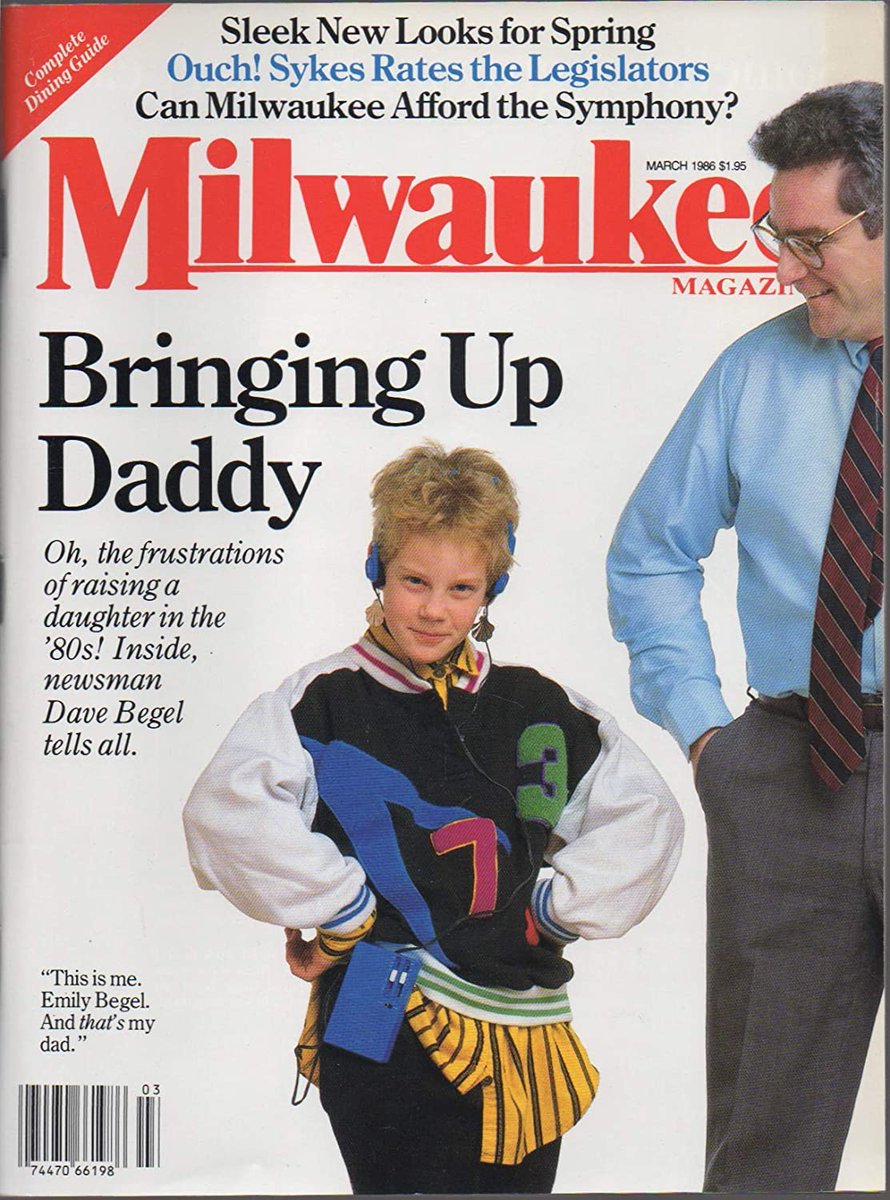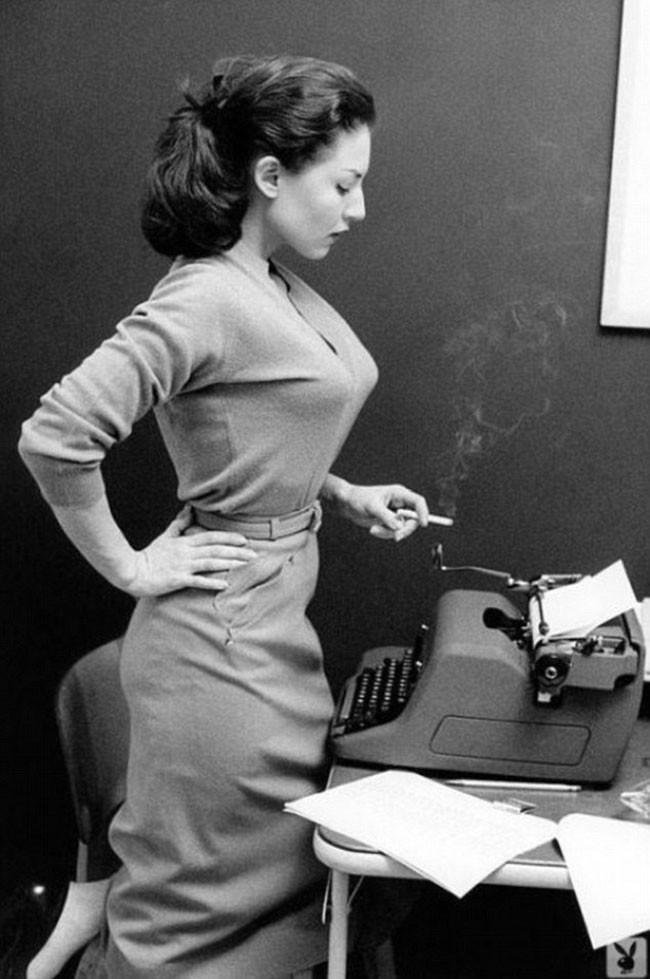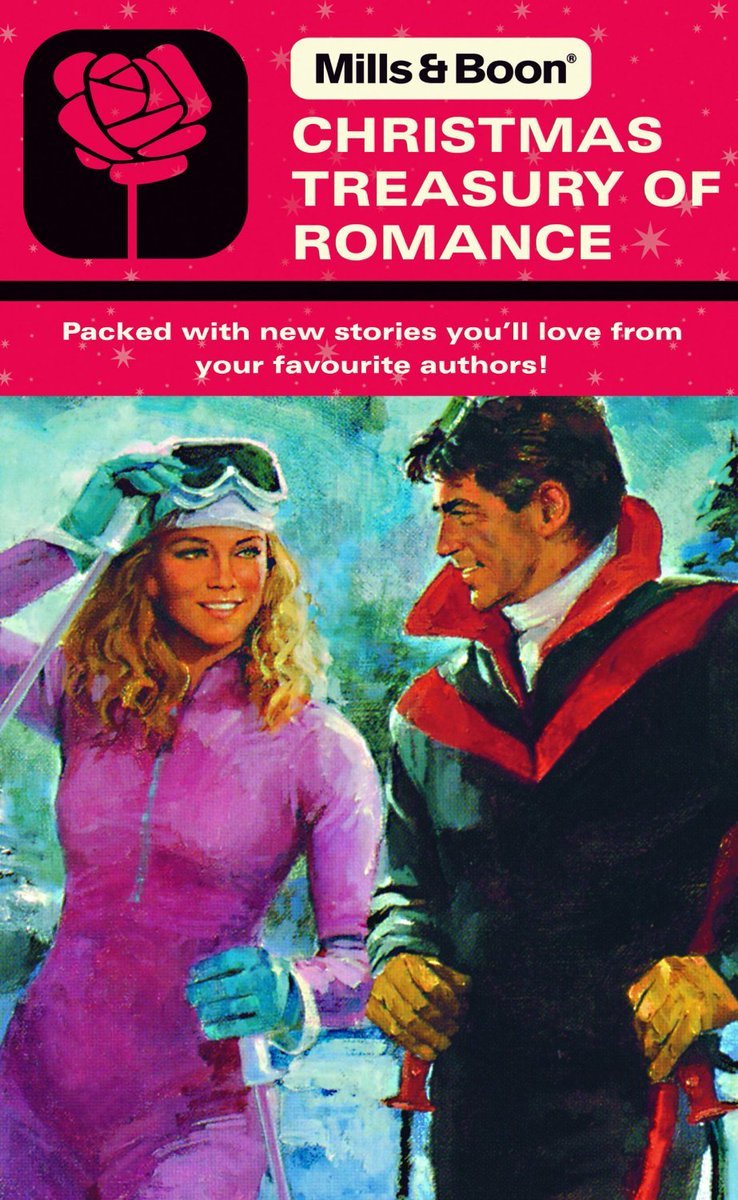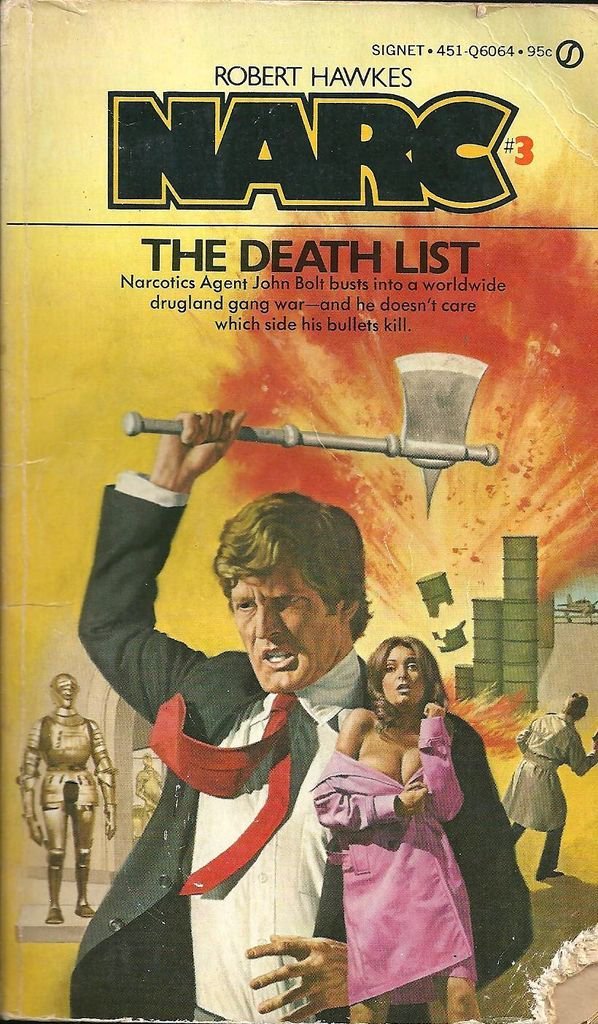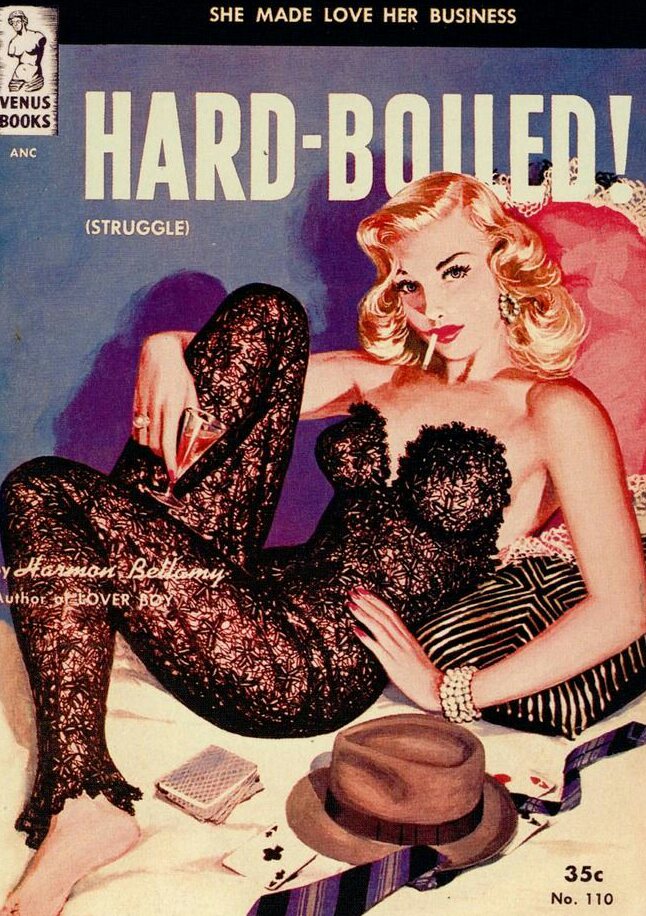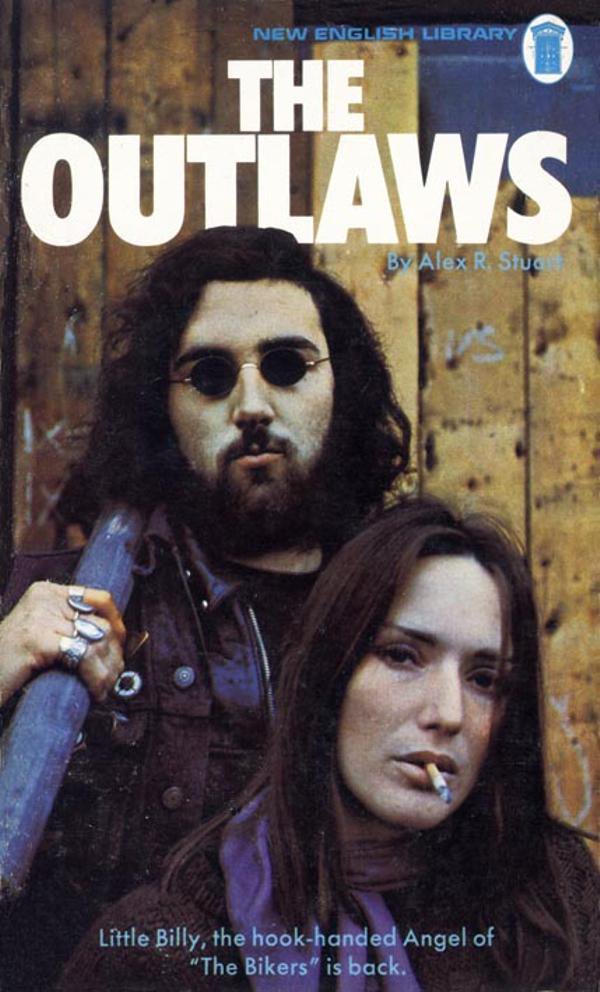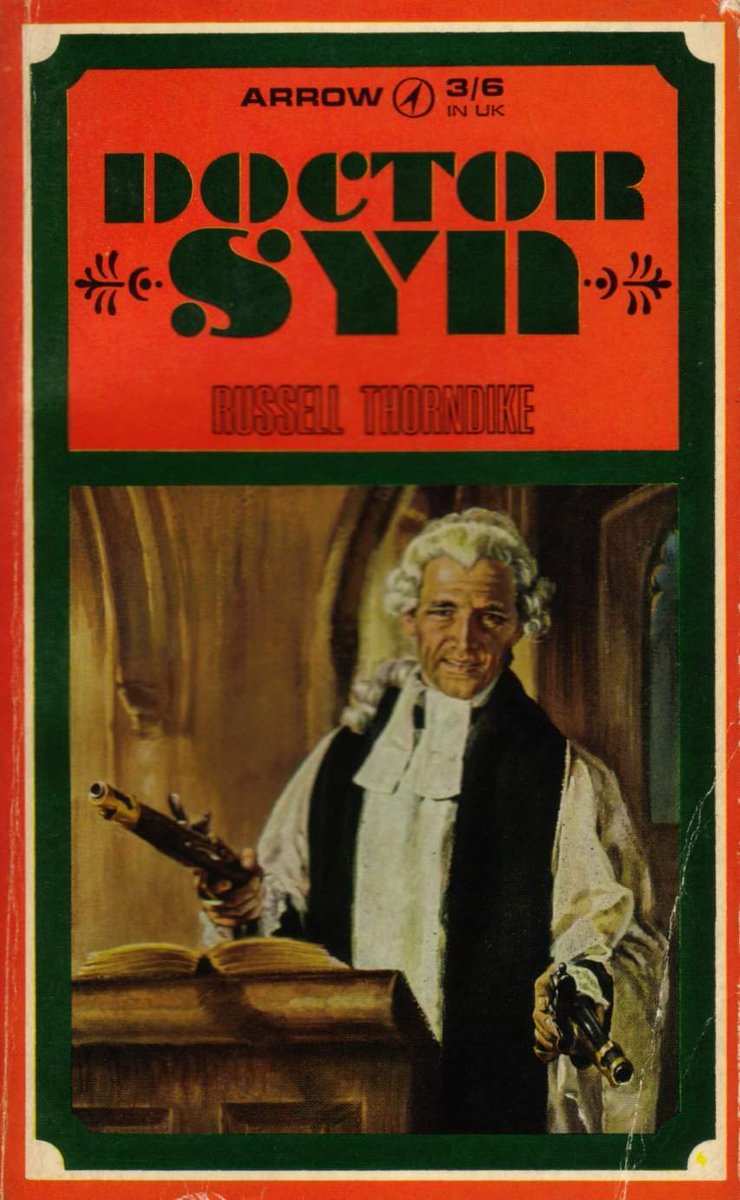Today in pulp... Milwaukee Magazine: it's the cream of Cream City!
If anyone tells you Wisconsin sucks just ask to see their crummy city magazine. I'M LOOKING AT YOU HERE CLEVELAND! #TuesdayThoughts
If anyone tells you Wisconsin sucks just ask to see their crummy city magazine. I'M LOOKING AT YOU HERE CLEVELAND! #TuesdayThoughts

The city's most interesting faces*. Milwaukee Magazine, May 1980.
(*no Gene Wilder. He disowned the city after it slated Stir Crazy)
(*no Gene Wilder. He disowned the city after it slated Stir Crazy)
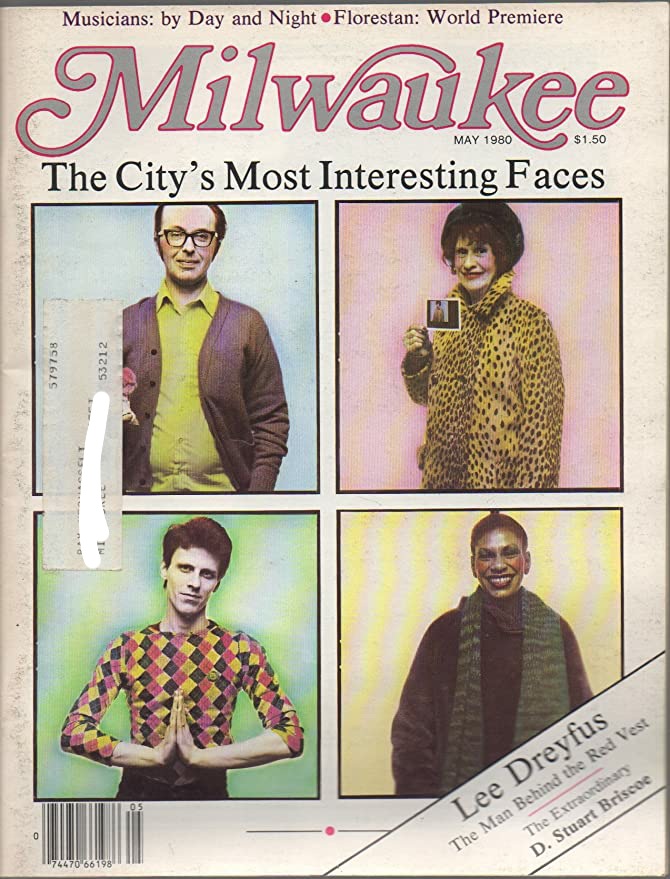
This is what #Bloomsday looks like in Wisconsin. It's what Joyce would have wanted...
Milwaukee Magazine, March 1980.
Milwaukee Magazine, March 1980.

Where have all the heroes gone? Milwaukee Magazine, December 1985.
Somebody REALLY liked Bonnie Tyler here...
Somebody REALLY liked Bonnie Tyler here...

"Oh yes it's ladies night, at the Lucid Light, oh what a night..."
Milwaukee Magazine, March 1984. Oh behave!
Milwaukee Magazine, March 1984. Oh behave!

Charles Sykes slams the Boomers!
(Plus: the ethnic diversity of bread.)
Milwaukee Magazine, December 1992.
(Plus: the ethnic diversity of bread.)
Milwaukee Magazine, December 1992.

He then got a job managing Blockbusters, and was never heard from again...
Milwaukee Magazine, May 1983.
Milwaukee Magazine, May 1983.

Sinister theatre cults! Punk palaces! Racketball! Where will this madness end...
Milwaukee Magazine, April 1983.
Milwaukee Magazine, April 1983.

Boomers be like: "get off the internet, I need to make a phone call! Dawson's Creek is rubbish! I hate Ray Of Light, why can't Madonna play her old stuff!"
Milwaukee Magazine, February 1998.
Milwaukee Magazine, February 1998.

So let's celebrate Milwaukee Magazine and the great local journalism that keeps it going. It's not just for the metro area: even Waukesha gets a mention!
Racine can go f*ck itself however...
Racine can go f*ck itself however...

• • •
Missing some Tweet in this thread? You can try to
force a refresh


